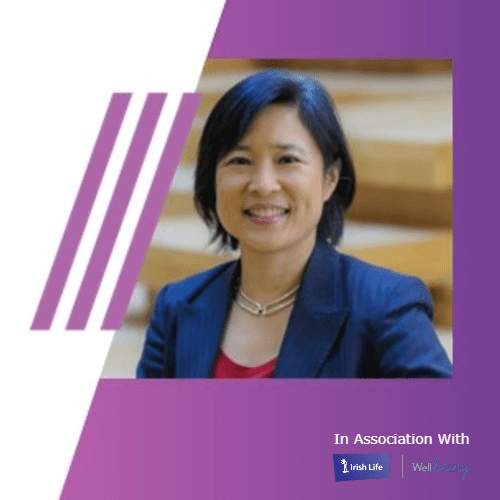Mark Fenton: Fostering inclusivity in the new world of work
By Mark Fenton | 28th May 2021
Instilling a culture that promotes diversity and inclusion requires sustained and committed action from leaders, says Mark Fenton.
As our society and our businesses slowly emerge from the shadows following months of enforced social isolation and the enhanced digitalisation of our day-to-day working lives, we can see that the world has changed – and not just temporarily.
The role of a leader, challenging and dynamic before the Covid-19 pandemic, has become exponentially more difficult as we scramble to lead and inspire our virtual teams in a volatile, uncertain, complex and ambiguous (VUCA) environment.
Previous IMI insights have highlighted the fact that successful remote work (and the role of the leader) is based on the three core principles of communication, coordination and culture.
In recent years a growing body of empirical research has also revealed that embracing diversity and supporting an inclusive working culture can be transformational from an individual, team, corporate and societal perspective.
Fostering an inclusive approach requires an awareness of oneself and those around us (emotional intelligence) and a willingness to engage and act in a manner that demonstrates and supports greater acceptance, enhanced recognition and value of all relevant stakeholders.
Doing business in today’s world is tough, with firms facing stiff challenges in attracting, retaining and developing talent. Research published last October by Hays Ireland noted that 53% of Irish employees would like to see their employer have a voice on prominent diversity and inclusion (D&I) issues, with 71% stating that an organisation’s D&I policies were important to them when considering a role.
Indeed, the Hays report noted that 20% of Irish workers have turned down a job because they did not feel the organisation was a pro-diversity and inclusive employer.
So, how can we be better, more consistent and more impactful at fostering inclusivity in this new world of work – one that has been permanently altered to embrace digital interaction and remote activity?
If it is to be, it starts with me
If not you, then who? If not now, then when? As leaders, you have a key role to play in generating and maintaining an inclusive working culture. This requires committed action. Remember that if you’re not consciously including, then you are unconsciously excluding.
Be an ally as a verb and not a noun
Stand up and speak out for inclusion – for your team and for yourself. Leading through active allyship, whether being a visible and vocal supporter of certain affinity groups and their challenges or quietly engaging with others with humility and curiosity, will build trust, connection, engagement and ultimately performance.
Work smarter
By recognising and incentivising new ways of working, we can leverage the digital transformation to work when and where it best suits us to achieve the best outcomes. In line with the Irish government’s recent remote working strategy, we can offer infrastructure and policy support (including the right to both request home working and to disconnect).
Above all, be nice
We need to recognise the challenge that the digital transformation of the workplace, coupled with the stresses of the Covid-19 pandemic, has placed on all of us and to give each other a break whenever we can. Be inclusive, be kind, be understanding and be supportive. This is key to our current survival and future success.
As we all adjust to the new and challenging environment, it is worth observing and experiencing how this crisis, whilst difficult and frustrating, can bring out the best in us as leaders.
From an organisational and individual perspective, we should recognise that the relevance and impact of inclusive leadership, clear strategy and communication and welcoming collaboration have never been so important and so needed.
Mark Fenton is an IMI Associate, an Advisory Board Member of Irish Tech Society and a senior international executive with over 20 years’ experience. He has specialist experience in Diversity & Inclusion.
For more IMI Insights, go here.







